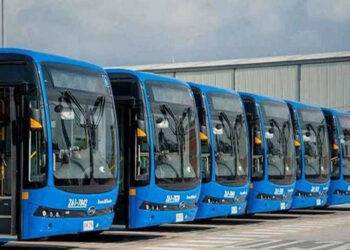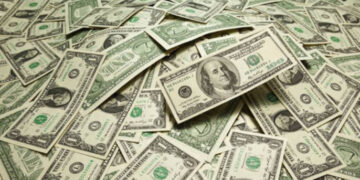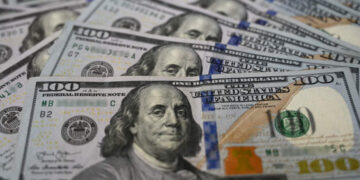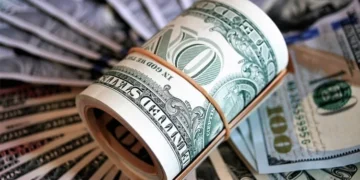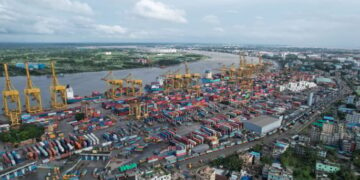US Tariffs Increase Impacting Bangladesh’s Export Sector
With its new policy under former US President Donald Trump, Bangladeshi merchandise will face a tariff of 37 percent. The new tariff policy will harm Bangladesh’s export trade, warned Zahid Hossain, ex-chief economist of former World Bank’s office in Dhaka.
Talking to The Business Standard (TBS) on April 3, Zahid Hossain stated, “There’s no question Bangladesh’s export will suffer from the new tariff policy of the US. But this will occur due to diminishing demand in the US economy. It’s a hypothesis that imposition of this tariff will make the US economy depressed, increase prices of goods, and reduce purchasing power of consumers. So, there’s a chance of export contraction from Bangladesh.”
Rank remains unaltered irrespective of tariffs
Hossain noted that Bangladesh’s relative position in foreign markets may not shift proportionally since many other countries are also retaliated against by the US with tariffs. Countries like Vietnam, Cambodia, India, Pakistan, and Sri Lanka, who are Bangladeshi export competitors, will also be affected by the same situation and will gain nothing additional.
Read More: Dr. Muhammad Yunus Has Arrived in Bangkok to Attend BIMSTEC Summit
Need For Diplomatic Negotiations There
Even this, however, leaves room for Bangladesh in cutting down on its ill impact if it addresses what led to imposition of higher tariffs on it. Hossain explained, “The US calculates Bangladeshi goods are subjected to 74% direct and indirect tariffs based on which Trump administration granted 50% exemption, placing tariff on 37%. Now we must challenge this calculation through trade talks and present logical arguments.”
He recommended Bangladesh to take a seat with US authorities to decide if having sensible grounds of calculation in indirect tariffs is reasonable. There are also grounds to mention reforms already taken by the government of Bangladesh.
Tariff Exemptions for Other Countries, But Not Bangladesh
Zahid Hossain also added that whereas the US offers tariff relief on some merchandise ranging from pharmaceutical drugs to low-value added goods and necessity items where China also gains, Bangladesh’s name isn’t on this list either. Bangladesh must ask it also ship low-value added apparel and necessity items, and those must also fall under tariff relief as well.
US report identifies Bangladesh non-tariff barriers
Meanwhile, the 2025 Foreign Trade Barriers Report of the US Trade Representative mentions various non-tariff barriers in Bangladesh. The report names lack of transparency in government procurements, absence of a level playing field, and corrupt procedures in government procurements as pointed out by American businessmen.
There are also issues raised over over-governmental involvement in data privacy legislation, complexity in the investment process, and export subsidies.
Bangladeshi Reforms Should Come Above Any Deal
Zahid Hossain noted Bangladesh has already eliminated export subsidies in some industries and initiated reforms. They need to put them on the table first in front of the US authorities as a bargaining chip.
He stated Bangladesh needs to attempt reducing tariffs by negotiating with the US directly. He also explained all of the exporters must come together and create a common strategy.
Exporters Ought Not Participate in Price War and Charge Tariff to Buyers
Hossain also proposed producers charging importers, not producers, with new tariffs—a path European producers are currently pursuing. Hossain requested Bangladeshi producers not to engage in internal competition based on price because cutting prices to offset new tariffs will hurt industry. BGMEA (Bangladesh Garment Manufacturers and Exporters Association) and BKMEA (Bangladesh Knitwear Manufacturers and Exporters Association) must form a common policy to prevent such a situation from occurring. Any company attempting to cut prices in order to bear the additional tariff needs to be brought under control to maintain industry discipline.









